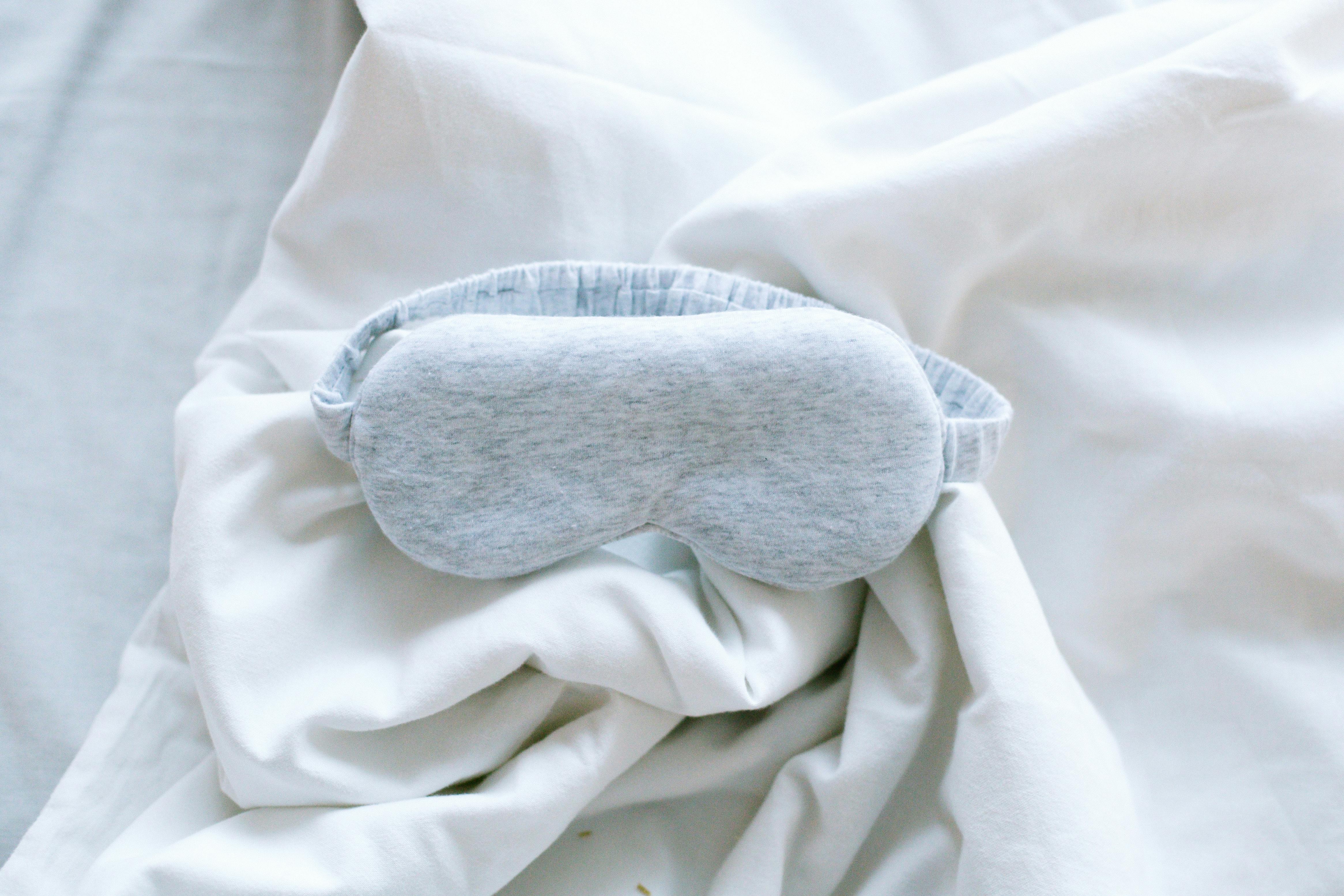
Vitamins for menopause: three to maintain the lost weight
Women going through menopause are at risk of becoming overweight or obese. As your hormones fluctuate, it becomes more difficult to redistribute fat evenly throughout your body, and you may begin to gain weight in your midsection. If you don’t take care of your diet and lifestyle, weight gain can easily lead to obesity, which can put you at risk for high blood pressure, heart disease, diabetes, osteoarthritis, and cancer. The good news is that the risk of obesity and its related conditions can be reduced with good nutrition, regular exercise, and menopausal vitamins. These are the three most important vitamins that can help you shed those extra pounds.
1.Vitamin D
Current research shows that obesity is associated with low levels of vitamin D in the blood. While scientists are still trying to explain the relationship between the two, the most popular theory is that vitamin D deficiencies may interfere with the body’s production of the hormone leptin. Leptin is a hormone secreted by fat cells and is necessary for weight regulation. It seems that if there are low levels of leptin in the body, the brain believes that there is too little fat and sends impulses that prompt it to continue eating. Obesity itself was also found to aggravate vitamin D deficiencies because the nutrient is deposited and trapped in body fat, unable to carry out its actions.
Increasing your vitamin D intake can be as simple as spending more time in the sun; sunlight is the best source of vitamin D, which is easily absorbed by the skin. Be sure to put on plenty of sunscreen, though—too much sun exposure is a leading cause of wrinkles and other more serious health issues. Vitamin D can also be found in cod liver oil and fatty deep-sea fish like salmon. One of the easiest and safest ways to achieve this is through vitamin supplementation. The average dose of vitamin D is 2,000 to 3,000 IU for a 150-pound woman.
2. Hill
Accumulation of fat in the liver has been found to cause obesity and insulin insensitivity. Reducing your fat intake is one way to prevent weight gain, but you can speed up the process by increasing your choline intake. Choline is a B vitamin-like substance that works in conjunction with folate and inositol. Choline has been found to reverse liver damage, lower cholesterol, and even prevent certain cancers; without this nutrient, fats can get trapped in the liver. Although our bodies produce small amounts of choline, it is important to increase your intake of this nutrient in your diet if you want to avoid weight gain. The recommended daily dose is 450 mg.
3. Inositol
Like choline, inositol is part of the B vitamin family and is good for reducing menopausal symptoms in general. However, it has also been found to increase the effectiveness of choline in terms of removing fat from the liver and redistributing body fat. Inositol also combines with choline to create a lipid called lecithin, which helps bind cholesterol and fat molecules to water so they can be easily eliminated from the body. The structure of the cell membrane is also made of lecithin. Finally, inositol improves the body’s absorption of thiamine, prevents eczema, and promotes the growth of healthy-looking hair. Inositol is available in 500mg supplements, but should be taken with choline and other B vitamins for best results.